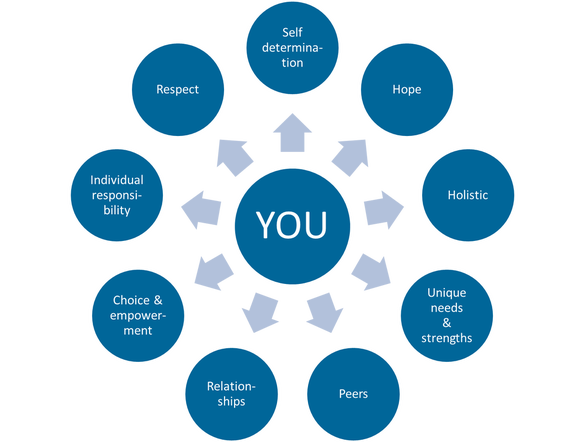Why are we supporting a new PACT program?
At present, the vast majority of PACT programs fall into one of two broad categories. On one end of the spectrum are state-run programs which, due to budget constraints and under staffing, tend to provide bare bones services with patient-to-staff ratios that can run as high as 20:1. As a result, these programs often devolve into little more than “medication surveillance” projects, lacking the resources to truly address patients’ complete range of needs.
On the other end, high-end private PACT teams offer much greater personalization, intensity and quality of care, with patient-to-staff ratios lower by as much as a factor of ten (2:1). These advantages, however, come at an extremely high price point. Indeed, high-end private PACT models are almost completely out of reach for all but the wealthiest patients.
McLean has the unique opportunity to develop a PACT program that fills the void between these currently available options. Drawing inspiration from open dialogue/dialogic practice, and emphasizing a person-centered approach focused on shared decision-making and peer support, the hospital proposes to develop a model of community-based care that maintains relatively low patient-to-staff ratios (10:1).The principles that will drive our PACT program will be that real recovery:
On the other end, high-end private PACT teams offer much greater personalization, intensity and quality of care, with patient-to-staff ratios lower by as much as a factor of ten (2:1). These advantages, however, come at an extremely high price point. Indeed, high-end private PACT models are almost completely out of reach for all but the wealthiest patients.
McLean has the unique opportunity to develop a PACT program that fills the void between these currently available options. Drawing inspiration from open dialogue/dialogic practice, and emphasizing a person-centered approach focused on shared decision-making and peer support, the hospital proposes to develop a model of community-based care that maintains relatively low patient-to-staff ratios (10:1).The principles that will drive our PACT program will be that real recovery:
- emerges with hope for a better future;
- is person-driven through self-determination and self-direction;
- occurs via many pathways based on a person’s unique needs and strengths;
- is holistic in including mind, body, spirit, and community;
- is supported by peers and allies;
- is supported through relationships and social networks;
- is culturally-based and influenced;
- is trauma-informed to promote choice and empowerment;
- involves strengths and support that fosters individual responsibility; and
- is based on respect.
